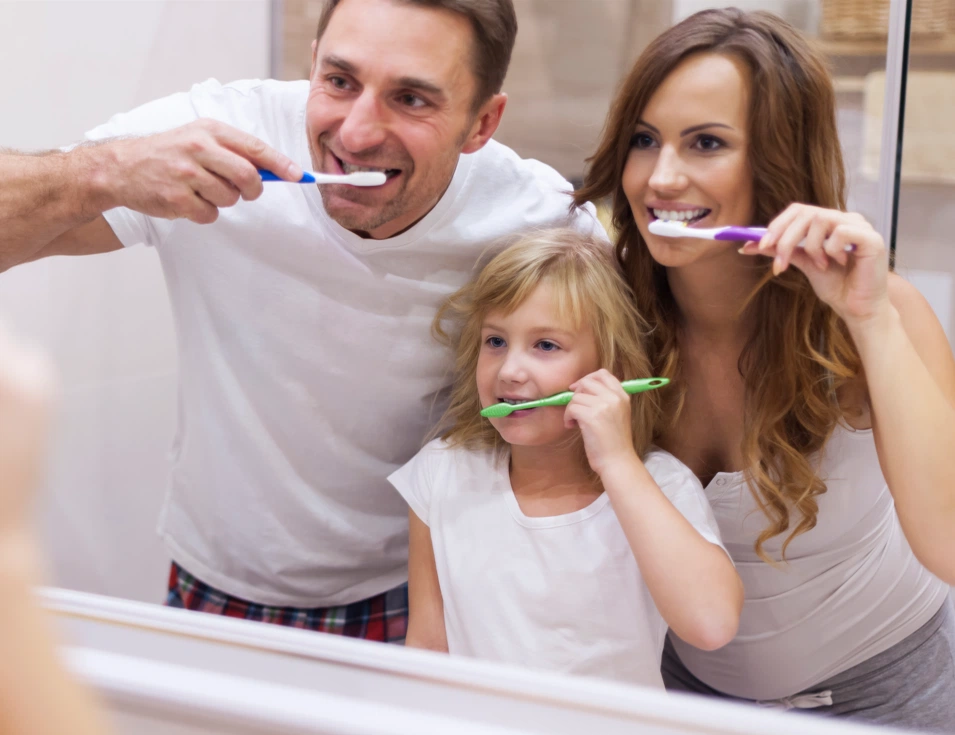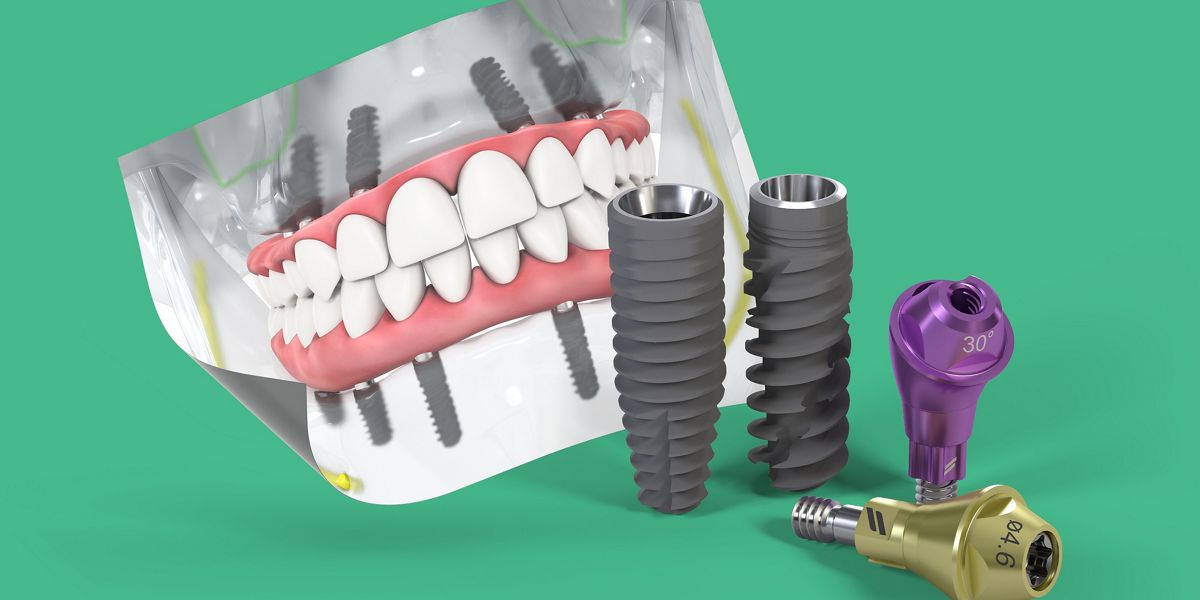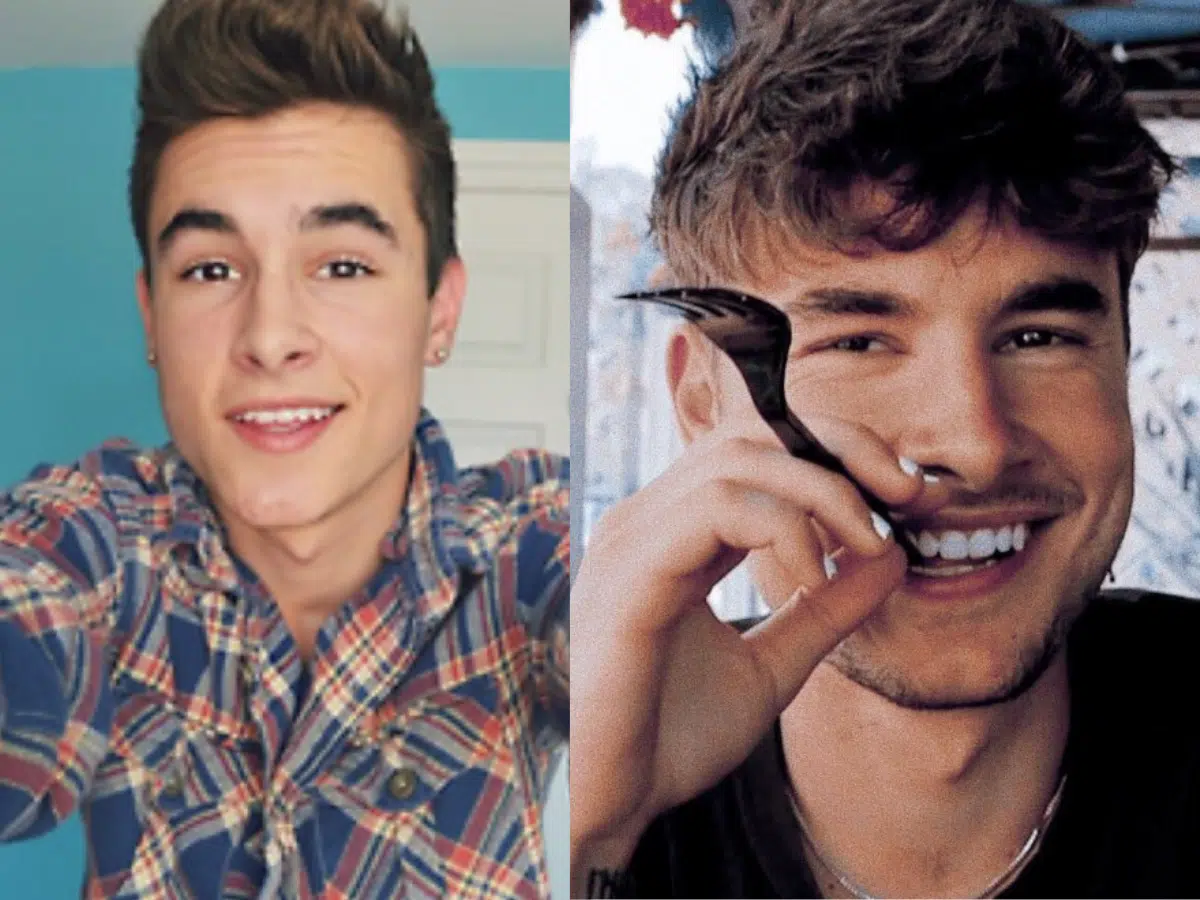Should You Rinse After Brushing Teeth?

Brushing your teeth is an important part of maintaining good dental hygiene and oral health and the benefit of any oral drug is that all the toothpaste foams will leave a taste in your mouth. But having as many dentists who recommend rinsing your mouth this way, as well as it is one of the first things that people think of, this population believes there are risks that come with it instead of rinsing. Even though this may sound like an absurd exchange of points, the point is that rinsing should not be habitually done after cleaning within the mouth. What experts say about this are being brushed depicts that useful particles of toothpaste indicate that you need to give up rinsing when cleaning your teeth.
In this article, we will go through some of these common practices and examine whether they should be considered ineffective or can be achieved in a better way. If you have a habit of rinsing your mouth immediately after effective cleaning, did you know that you might be doing more harm than good? This article contains the exploration of some procedures of brushing, the reasons for not rinsing, and the alterations that can be made.
Why Do People Rinse After Brushing?
Rinsing has become a ritual and almost an essential part of the brushing process for many of us. After all, it seems to make our mouth feel fresh, clean, and pleasant, instead of a foamy feeling that hangs around after brushing. To a vast number of learners, the same is encountered through childhood training. The truth is, if a child produces an oral hygiene habit, they usually do it for some time at least, unless they develop any preferred tension. Even if these views are popular, say an expert in cavity prevention, they delineate how most of them cause more harm than good.
Rinsing the mouth using water directly after brushing can destroy what fluoride the brushing has put on teeth, as most toothpaste is marketed containing this mineral that protects teeth from decaying. Mankind is told that drinking from a water fountain right after taking fluoride is strongly not recommended because a mouthwash will wash out those particles before they do their work. However irritating its foaming sensation may be, it becomes an undeniable act that helps counter hazardous agents from within the environment. Leaving it distorted by this intrusion of water reduces its overall strength. Thus, the reasoning that follows the fact that rinsing may assist in rinsing the leftover paste and dirt is that the possible problems of this procedure should not be disregarded.
What Happens If You Don’t Rinse?
Not rinsing after brushing may feel a little strange, but it’s a good thing for your teeth. The women who must have retained women are well-trained and accustomed to strolling in the majority of societies’ places involved. It should be avoided for a long time because it has been shown that fluoride is literally present in the dental products you are utilizing, and thus it is very beneficial for your oral cavity, including oral health sweetening. Fluoride has the following effects
It might be better to use mouthwash at some other time of day in order not to interfere with the teeth’s entire tooth protection provided by the toothpaste, since many people brush their teeth regularly between brushing their teeth in the morning
What Do Dentists Recommend?
According to the majority of dentists and dental care professionals, these are the steps that they recommend using on a daily basis to maintain oral hygiene:
- Brush your teeth using fluoride toothpaste for a minimum of 2 minutes.
- Do not rinse, but spit out the remaining foam from your mouth.
- For persistent bad breath or any other oral problems, use mouthwash after half an hour of brushing your teeth.
Following through with this procedure helps to keep fluoride on your teeth as much as possible to enable beneficial mineralization, thereby strengthening the enamel that is the outermost cover of a person’s tooth. It creates conditions under which better action for mineralizing matter within the enamel is possible.
Frequently Asked Questions About Rinsing After Brushing Teeth
It’s generally recommended not to rinse your mouth with water right after brushing. Leaving a small amount of fluoride from toothpaste on your teeth helps protect them longer.
Yes, but it depends on the type of mouthwash. If it contains fluoride, it can be helpful—but using a non-fluoridated rinse immediately after brushing might wash away the toothpaste’s protective effects.
Rinsing immediately can reduce the benefits of fluoride by washing it away. This may make your teeth more vulnerable to plaque, acid, and cavities over time.




